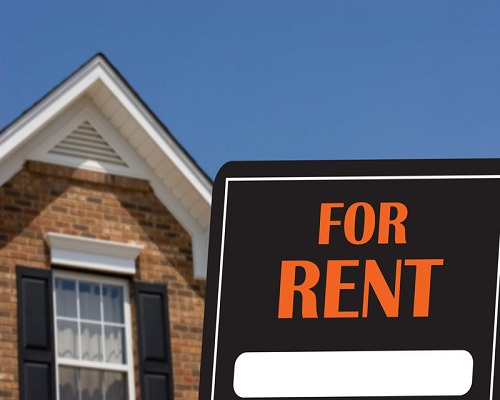What’s In Store For Investors In 2018? was originally published to MPG Deals Investment Property Blog
It's hard to believe that 2017 is almost over. It's December and 2018 is knocking on the door. So what do the experts have to say about what will happen with the housing market in 2018? That's what we will look at in this write up.
New Homes And Their Impact On Flippers
It seems that the stock market likes the new President and all the talk of tax reform, but has the housing market liked it as much? It looks like new home building still hasn't really broke loose yet to keep up with buyer demand and home prices will continue to rise because of the short fall of new homes.
Suzanne De Vita has a post on RisMedia that gives some good insight:
Analysts are expecting even higher home prices in 2018 than originally projected, according to new research.
Zillow’s 2017 Q4 Home Price Expectations Survey reveals experts are anticipating a 4.1 percent hike in the new year, up from the 3 percent they forecasted a year ago. Over 100 experts, including economists, participated in the survey.
Their reasoning? Home-building has not panned out as planned—yet.
“The American labor market is stronger than it’s been in decades, and Americans, particularly young Americans, are increasingly feeling confident enough to buy homes,” says Aaron Terrazas, senior economist at Zillow. “Home-building has not kept pace with this surge in demand and remains well below historical norms. We don’t expect that these demand-supply imbalances will fundamentally shift in 2018. Demand will continue to grow and, though supply should increase somewhat, we still won’t build enough new homes to meet this demand, contributing to higher prices.”
Less than 20 percent of experts forecast home-building to pick up next year, the survey shows. Approximately 313,000 new homes were on the market in October, representing 4.9 months supply, according to the U.S. Census Bureau. Entry-level homes, especially, are scarce—down 20.4 percent year-over-year over the summer, reports Trulia.
Continue Reading Suzanne's Full Article "Housing in 2018: Where Are Home Values Headed?"
So it looks like there will still be a greater demand than supply for new houses next year. This is both good news and bad news for flippers. The good, investors will still be able to quickly sell their freshly renovated properties for a good price. The bad, it will remain difficult to find good properties at a low enough price to turn a profit, unless you have access to a good Atlanta area real estate wholesaler :)

What's Coming For Rentals In 2018?
In our article "Should You Start With Fix And Flips Or Buy And Holds?", we preached the fact that new investors should be starting with fix and flips. However for those of you that are already in buy and holds what will your market look like in 2018? With new housing at a premium, what is in store for the rental market? Carole VanSickle Ellis has a write up on Think Realty that gives some good insight:
More Households Opt to Rent, not Buy
Blomquist observed, “Younger generations of new households are forming and entering the market. But they value mobility and the wages are not there to enable them to buy [a home].” Cisterna added, “The bottom one percent of mortgages are going to people with credit scores around 620, whereas historically those mortgages went to people with scores in the mid-500s. Millions of people do not have a choice [but must rent rather than own].” Markets in which the demand for rental housing is present along with affordable sales prices for investors represent ideal targets for SFR investors in 2018.
Markets with a population of Baby Boomers who are selling their homes often represent good potential investment locations for SFR investors. Because those homes are often outdated, needing updates and repairs before retail buyers would be interested in purchasing them, observed Vaidya. Thanks, in part, to Boomers opting to remain in their homes longer than most analysts expected, there is a limited inventory of move-in-ready properties both attractive and affordable to first-time buyers. Investors who purchase these properties and upgrade them often find themselves ideally situated to either rent or sell at retail once the rehab is complete.
Finish Reading Carole's Post "For Single-Family Rentals, Things Look Bright in 2018"
That's pretty much all good news for investors looking to grow their portfolio, as well as keeping renters in the properties they already have. She actually gives both flippers and landlords a great demographic to target in your marketing efforts - Baby Boomers who have been in their properties for a long period of time.
Summing It Up
We think that things are looking up for 2018. The only way we see that there could be a downside is if there were to be something major happening GLOBALLY. As much as people don't like to admit it or push it under the carpet, we are in a global market and crazy things happening around the world can affect us. However we feel it should be a good year for both flippers and landlords alike.














